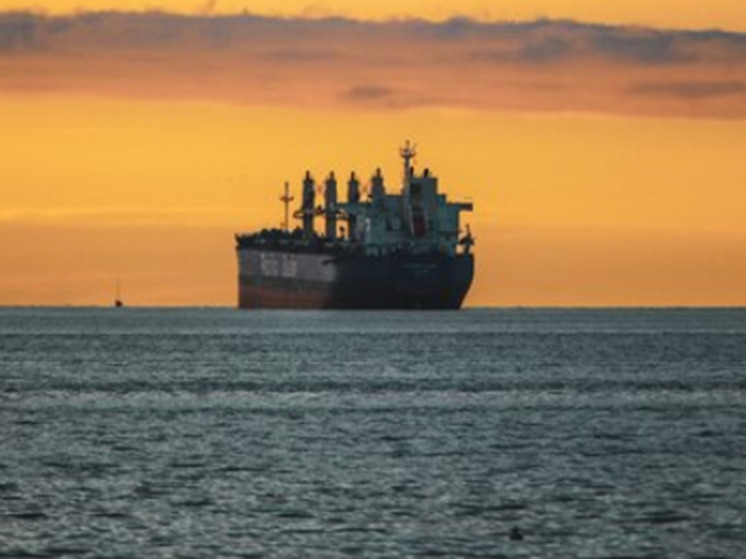«Interesting behavior of a Greek bulk carrier»
In Turkey, in the Sea of Marmara, two dry cargo ships carrying Ukrainian and Russian grain collided. The ship Haje Halimeh with wheat was sailing from the Ukrainian port of Izmail to Valencia, Spain. And the bulk carrier Asomatos transported grain from the Russian port of Caucasus to the Israeli Ashdod. The editor-in-chief of the Maritime Bulletin portal, merchant navigator Mikhail Voitenko, told MK about the details of the incident.

— The increased interest in what happened is understandable; one ship was carrying Ukrainian grain, the other was carrying Russian grain, — says Mikhail Voitenko. — The Greek bulk carrier Asomatos, as well as the Turkish bulk carrier Haje Halimeh, were on the recommended course to the Dardanelles. (Bosphorus and Dardanelles are two straits that successively connect the Black Sea with the Mediterranean, and through it with the World Ocean. —). It all happened on October 12 at 21:10 in the Sea of Marmara, north of Mramorny Island.
The Haje Halimeh was built in 1983, has a length of 122 meters, and flies under the flag of the Comoros Islands. The bulk carrier Asomatos was built in 2003, has a length of 169 meters and has a Panama flag.
According to Mikhail Voitenko, the collision occurred due to the fault of a Greek bulk carrier that was sailing from the Russian port of Caucasus. (Located in the Temryuk district of the Krasnodar Territory on the Chushka spit. — ).
— The Greek bulk carrier went to overtake, and something went wrong. It is quite possible that this is to blame — negligence. They might not be able to control it. Or there was some kind of short-term malfunction of the steering device or the car. And he fit into the stern of an unsuspecting Turkish cargo ship.
— In principle, everything could have been much worse. They still got off easy. The Greek bulk carrier's nose is dented, there are dents and scratches. «Turku» it got hit harder and the stern was torn and dented. At the same time, both vessels remained seaworthy; there was no ingress of water into the hull. The Turkish shipowner, I think, will now try to quickly plug this hole and end the voyage. If, of course, the Turkish authorities allow him to do so.
At the same time, our interlocutor notes the “interesting” behavior of the Greek bulk carrier.
— After the collision, he did not stop and continued moving towards the Dardanelles Strait. Apparently, the Turkish authorities told him: sorry, let's turn around and sail to Tekirdag, the nearest port. Both ships arrived at the Tekirdag roadstead and anchored. An investigation and assessment of losses will now follow. I think that the Greek bulk carrier will be released after it issues guarantees that it will pay for all losses associated with the collision.
— They may well be on both a Greek ship and a Turkish bulk carrier. But this doesn't mean anything. Crews in this region are very often mixed. Citizens of Russia, Ukraine, Azerbaijan, and Georgia work there. I must say that this is a fairly standard, common accident. It is important that there are no consequences for people, as well as environmental damage.


